
The NIH-funded Genetics Training Program prepares investigators to combine disciplinary expertise with new research opportunities of the genomic era.
As one of the oldest NIH-supported training programs, it continues to be a vital component of graduate education in biomedical research at the U-M Medical School.
The Predoctoral Training Program in Genetics (GTP) is an interdisciplinary program that provides enriched genetics education for students receiving their Ph.D. degrees in six departments: Biological Chemistry; Ecology and Evolutionary Biology (EEB); Human Genetics; Microbiology and Immunology; Molecular, Cellular and Developmental Biology (MCDB); and Pharmacology.
Ongoing research projects range from microbial and viral gene regulation to yeast, plant, fly, mouse and human genetics, and functional genomics. Trainees benefit from a University environment that is strongly oriented towards graduate education, with a large and interactive research community that is among the top ten in NIH funding. Our graduate students have successful and productive research careers in academia, government, and industry.
T-32 Grant: Predoctoral trainees are expected to undertake a core curriculum of the training program. Predoctoral trainees are provided with full tuition (two semesters) and a stipend. They also receive travel funds towards attendance at a scientific meeting.
The Genome Science Training Program (GSTP) at the U-M Medical School provides support for pre-and post-doctoral training at the interface of statistical, computational, and molecular genetics under support from the National Human Genome Research Institute of the National Institutes of Health.
There are a number of additional opportunities for students to compete for fellowships, both through the U-M Medical School as well as external funding sources. The Rackham Graduate School has many funding opportunities for Ph.D. and Master’s students. Detailed descriptions can be found on the Rackham website. In addition, federal and private foundations offer fellowships with application deadlines throughout the year. The program strongly encourages graduate students to apply for these funding sources as part of their training experience. To facilitate the identification of appropriate fellowship opportunities, the graduate program has assembled a list of internal and external funding agencies for mentors and students.
Our PhD students range from those just beginning their journey and exploring potential research mentors to advanced students who are in the final stages of completing their doctoral dissertations.
This course (HUMGEN 630) consists of a series of seminars and discussions on a special topic of interest to students, presented by invited speakers over several weeks each semester. The seminars are open to the University community. Registration for this course is limited to PIBS students, graduate students in CMB, and students supported by the Predoctoral Genetics Training Program. These “short courses” are coordinated and sponsored cooperatively by the CMB Program and the Genetics Predoctoral Training Program.
Genetics Training Program: Winter 2025 Short Course Schedule:
“The Nature of Nurture: How Environmental Factors Shape the Epigenome and Evolution"
Each year, trainees select an outstanding alumni from the university to lecture on an area of interest. The seminars are open to the University community.
Christine R. Beck, Ph.D., Assistant Professor of Genetics and Genome Sciences at The Jackson Laboratory has been selected as the Alumni Seminar Speaker this year.
Explore our Genetic Training alumni's achievements and career paths across various programs and graduating years.

Professor of Human Genetics
Professor of Internal Medicine and Program Associate
PhD Graduate Program in Genetics and Genomics

Professor of Human Genetics
Chair, Department of Human Genetics
Professor of Neurology
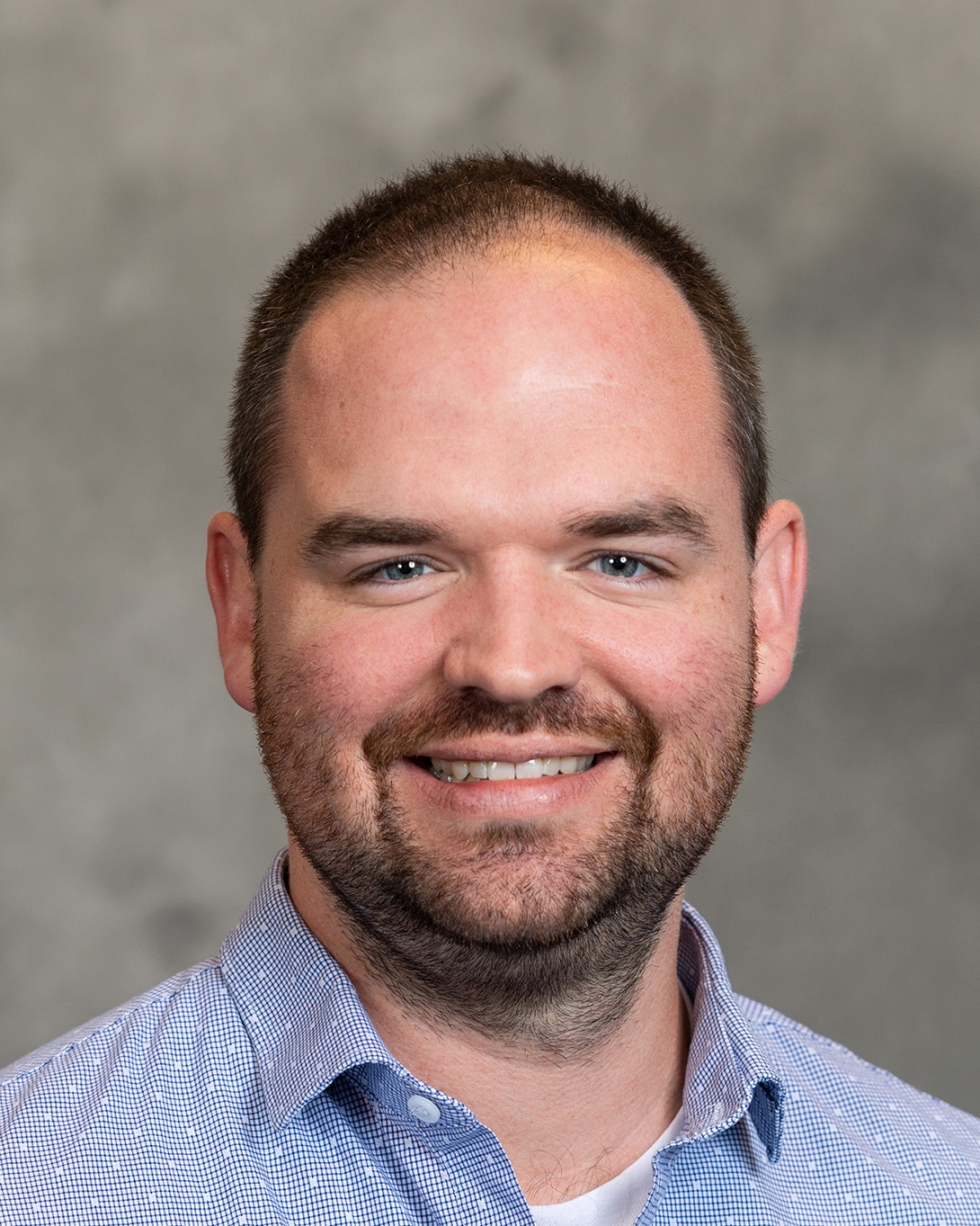

Ecology and Evolutionary Biology

Professor of Human Genetics
Chair, Department of Human Genetics
Professor of Neurology
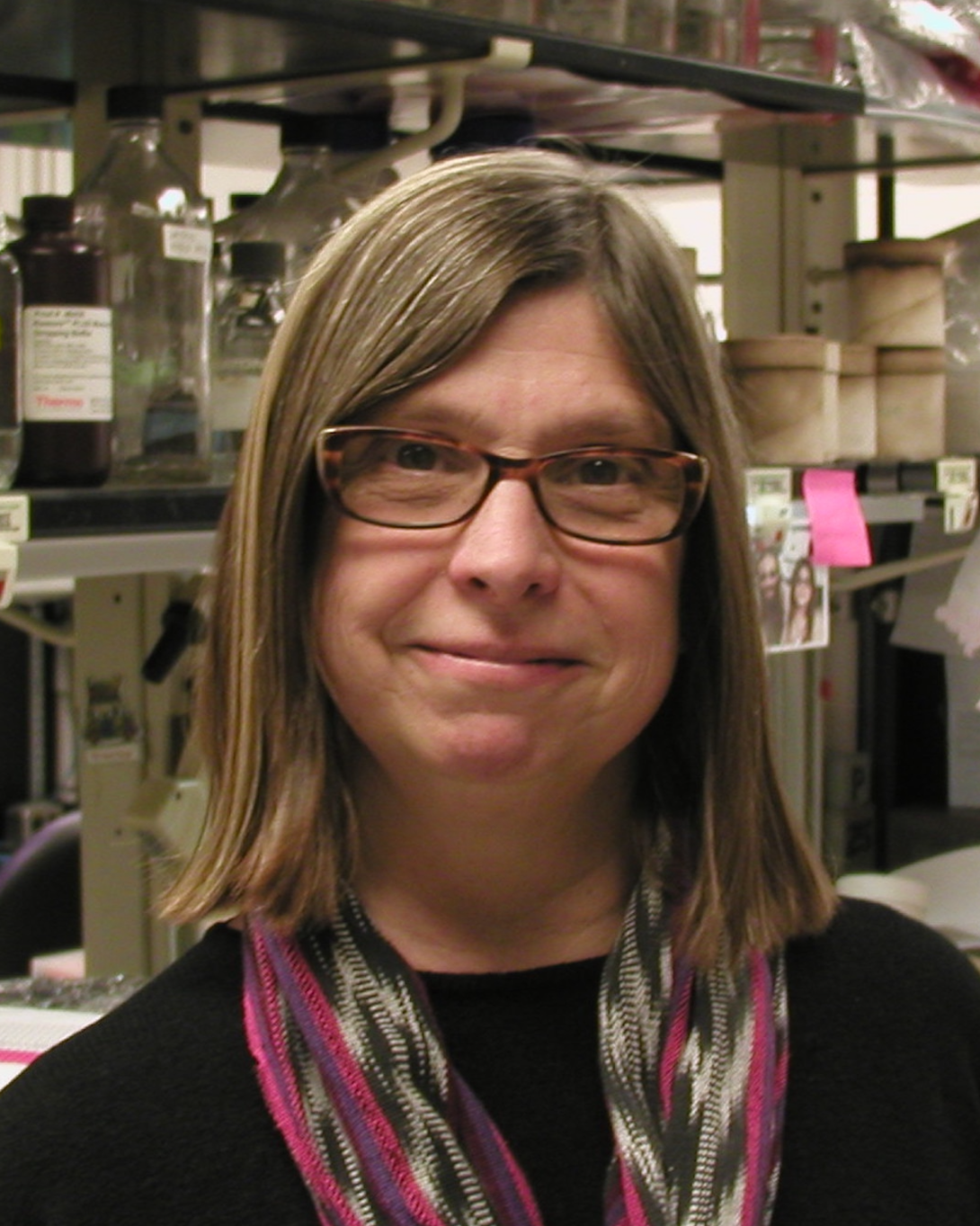

Molecular, Cellular, and Developmental Biology
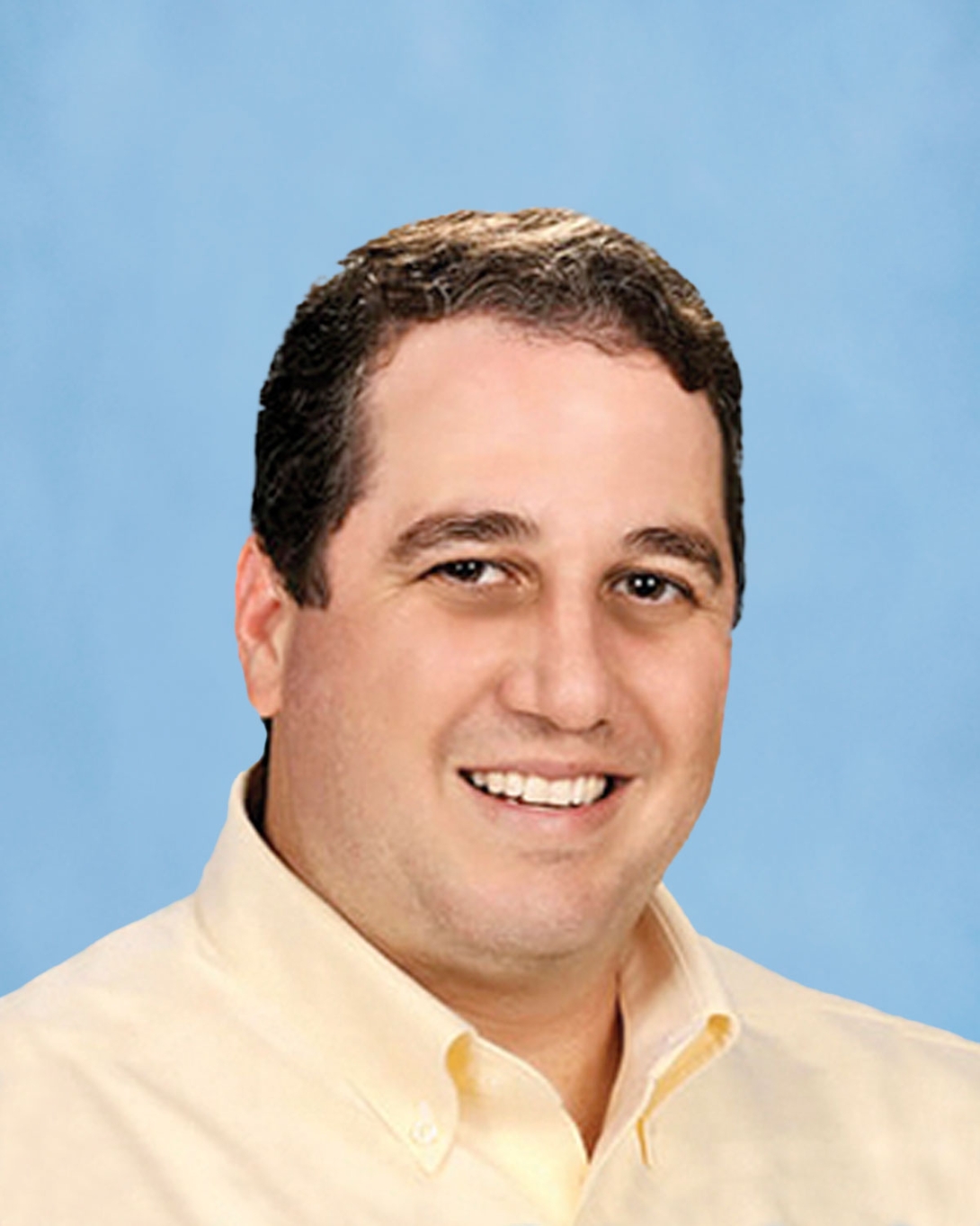
Pharmacology
Professor of Pharmacology
Professor of Internal Medicine
Professor of Surgery

Genetics Training Program
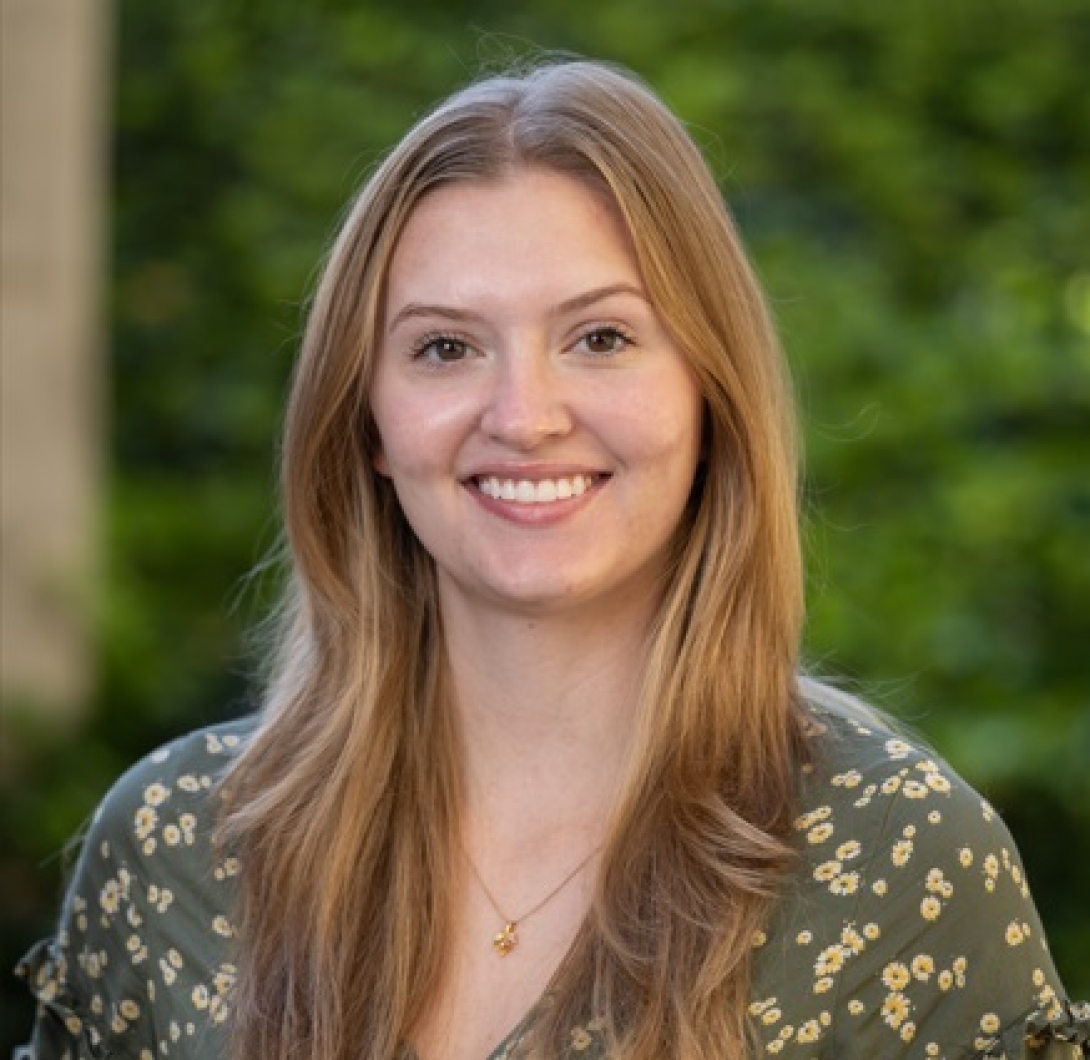
Genetics Training Program

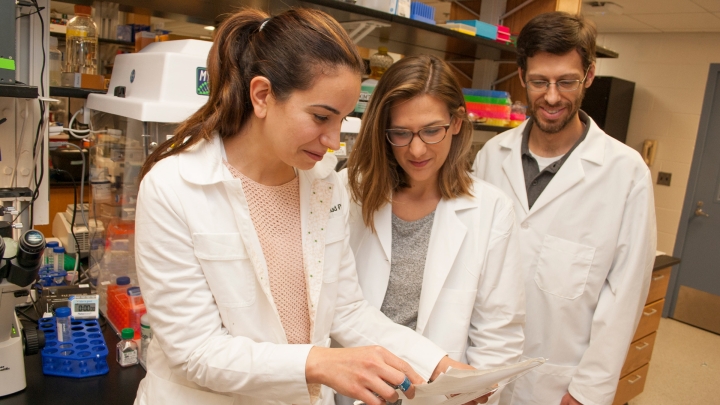
Our interdisciplinary research in human genetics provides diverse opportunities to explore the genetic foundations of health and disease.

We create a supportive environment that enhances creativity, collaboration, productivity and personal satisfaction.

We find a new reason to love Ann Arbor nearly every day — year-round outdoor activities, cultural experiences, a growing food scene, and a welcoming, family-friendly atmosphere are just a few that come to mind.